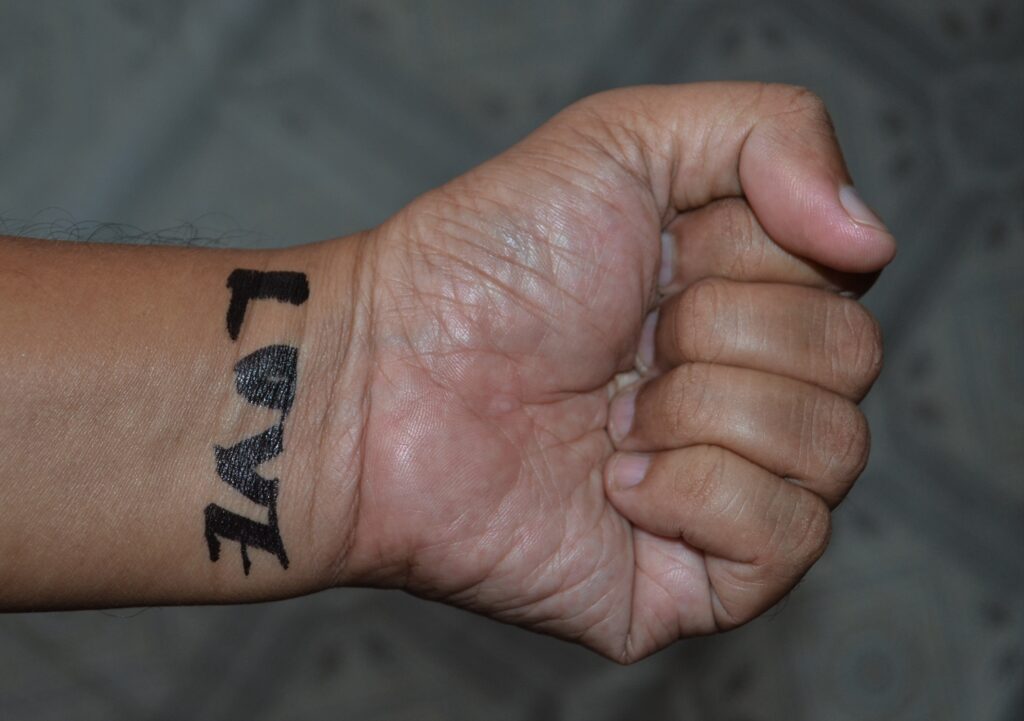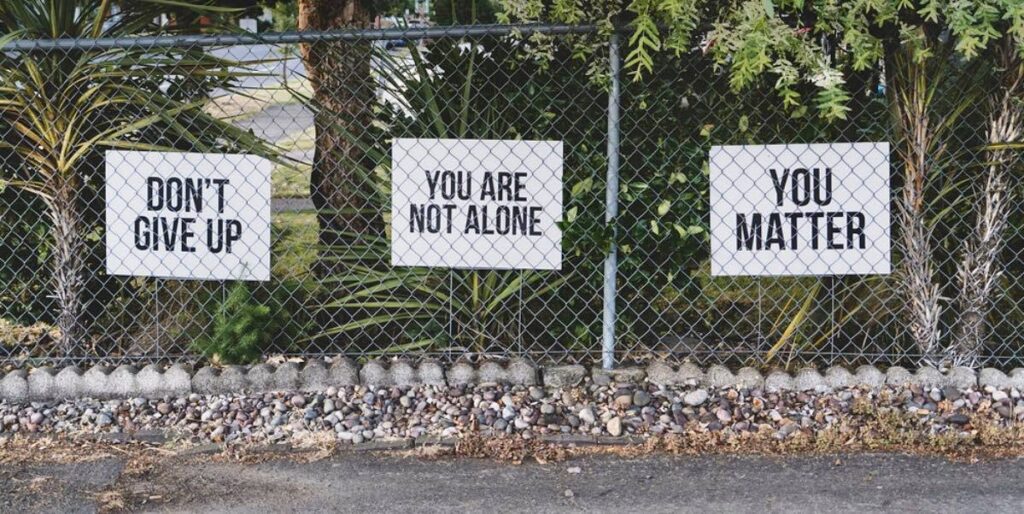Text and Photo by Henrylito D. Tacio
Additional Photos by WHO and Dan Meyers
Mental health is one of the most neglected areas of public health. Close to 1 billion people live with a mental disorder, and 3 million people die every year from the harmful use of alcohol, according to the World Health Organization (WHO).
And now, billions of people worldwide have been affected by the coronavirus disease 2019 (COVID-19) pandemic, which is having a further impact on people’s mental health.
“The COVID-19 pandemic has had a major impact on people’s mental health,” the WHO says. “Some groups, including health and other frontline workers, students, people living alone, and those with pre-existing mental health conditions, have been particularly affected.
The children are not spared from the effects of the pandemic.
“With nationwide lockdowns and pandemic-related movement restrictions, children have spent indelible years of their lives away from family, friends, classrooms, play – key elements of childhood itself,” said Henrietta Fore, the executive director of the United Nation Children’s Fund (UNICEF).
Globally, more than one in seven adolescents aged 10–19 is estimated to live with a diagnosed mental disorder. “The impact is significant, and it is just the tip of the iceberg. Even before the pandemic, far too many children were burdened under the weight of unaddressed mental health issues,” Fore said.
In the Philippines, mental illness ranks third among the types of disabilities in the country, according to the Department of Health (DOH). Young professionals have also become victims of mental health illnesses, as intentional self-harm is the ninth leading cause of death among those aged 20-24 years old.
“Mental health and well-being are a concern of all,” says the health department in a statement, adding that it addresses concerns related to MNS (mental, neurological, and substance use disorders).
Data from the health department showed 3.3 million Filipinos suffer from depression, and another 3.1 million have anxiety disorders. The suicide rates are 2.5 in males per 100,000 and 1.7 in females.
Davao City was among the cities in the country with high teenage suicide and depression cases in 2017, according to city councilor Joselle Villafuerte. So much so that in 2019, the Mental Health Code of Davao was approved.
Last May, Davao City Mayor Sara Duterte-Carpio urged Dabawenyos to check on their mental health amid the ongoing pandemic.
“We have psychosocial support,” the mayor said during her regular program aired via 87.5 FM Davao City Disaster Radio. “It’s a telemedicine for mental wellness. If you feel you need to talk to a person, please access the initiative of the health group of the response cluster of the Davao City COVID-19 Task Force.”
Having a mental health problem is a grave concern. “Let us not judge those who have mental health issues,” DOH Undersecretary Eric Domingo was quoted as saying by state-owned Philippine News Agency. “Let us think that it is like hypertension and diabetes when we see someone with symptoms of depression.”
Dr. Marjorie Culas, Davao City Health Office Assistant Head, said the common symptoms of someone experiencing depression include anxiety, change of behavior or personality, overeating, and loss of appetite, among others.
Some of the verbal or behavioral warning signs for suicide include talking about wanting to die, feeling immense guilt or shame, or feeling like a burden to others. Other signs are feeling empty, hopeless, or trapped, having no reason to live, or feeling extremely sad, anxious, agitated, or full of anger.
Among behavioral changes that can also be warning signs are researching ways to die, staying away from friends, giving away important items, showing extreme mood swings, eating or sleeping too much or too little, and using drugs or alcohol more often.

Raising awareness 
You matter
“If you feel sad or have thoughts of harming yourself, you have to talk to a mental health professional or someone you trust,” Dr. Culas urged.
The WHO Global School-Based Health Survey conducted in 2011 has shown that in the Philippines, 16% of students between 13-15 years old have “ever seriously considered attempting suicide,” while 13% have “actually attempted suicide one or more times during the past year.”
Bullying, early pregnancy, and depression – not necessarily in that order – are some of the culprits why children and teenagers resort to suicide, which is defined as the intentional taking of one’s life.
Every October 10, the international community celebrates World Mental Health Day. First observed in 1992 at the initiative of the World Federation for Mental Health (WFMH), it highlights global mental health education, awareness, and advocacy against social stigma.
This year, the theme is “Mental Health in an Unequal World.”
“Access to mental health services remains unequal, with between 75% to 95% of people with mental disorders in low and middle-income countries unable to access mental health services at all, and access in high-income countries is not much better,” explains Prof. Gabriel Ivbijaro, WFMH Secretary-General.
“Many people with a mental illness do not receive the treatment that they are entitled to and deserve and together with their families and carers continue to experience stigma and discrimination,” Prof. Ivbijaro continues. “The gap between the ‘haves’ and the ‘have-nots’ grows ever wider and there is continuing unmet need in the care of people with a mental health problem.”
It is for this reason that Senator Christopher Lawrence “Bong” Go, chair of the Senate Committee on Health, said mental health should also be given a priority during this time.
“In this time of pandemic, we should also ensure that mental health is valued, promoted and protected,” Go said in a statement. “Aside from physical health, ‘yung mental health, napaka-importante rin po.”

